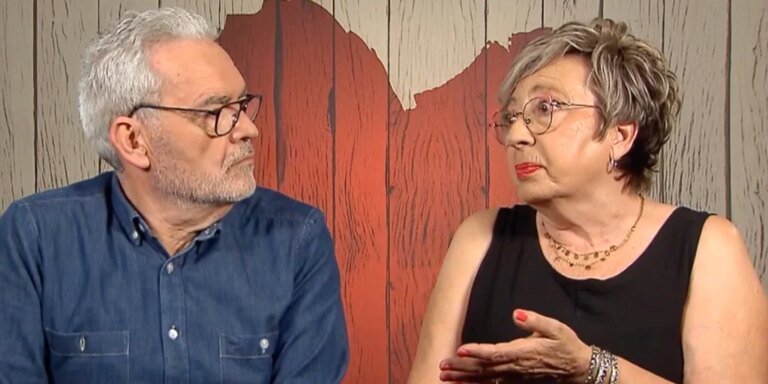
supreme court The Government has annulled the allocation of public employment quotas in prison special units, understanding that this does not respect the 60% reservation of internal promotion quotas contained in the regulations for this area of public administration. Accordingly, the High Court accepted the administrative challenge filed by the Center for Independent Trade Unions and Civil Service (CSIF) against the said recruitment corresponding to the year 2024. The job openings included 118 positions, of which 73 were for open shifts (new entries) and only 45 were for internal promotions.
In the case of the CSIF, the weight of positions (38%) for personnel with positions to be promoted within the category does not comply with the specific regulations for prison recruitment to which the 1977 Regulations apply, and due to its characteristics, this type of position is expected to account for 60% of the total vacancies mentioned above. Lawyers for the state argued that this regulation was pre-constitutional and violated subsequent laws regulating these offers, which generally required only a 30% minimum. However, the Supreme Court stated that it “does not find that[the1977speciallawonprisons]is inconsistent with the provisions of the Constitution, nor with subsequent public employment laws, and the law has never amended the ratio.”
That said, beyond the contested revocation of the offer, the CSIF explains that it “evaluates the reasoning made by the Supreme Court regarding internal promotion as a system of promotion to higher qualification institutions with homogeneous functions.” Specifically, the High Court confirms that in the regulation of these proposals there is “widespread freedom regarding the structure and organization of civil service bodies and levels, and the composition of the legislator to determine the selective access system.”
However, contrary to what the General Counsel argued in this case, the principle of free participation in the public service (i.e. equal access for all applicants under the same conditions), as in the case of prisons, is “conditioned by other principles, such as professional advancement and positive discrimination, which may give rise to regulation in specific areas”. This means that it is justified to increase the weight of internal promotion offers by up to 60%, either from the point of view of strengthening the professional career of the promoted employee or because of the “principle of effectiveness from the point of view of efficient human resource management”.
Since the invalidation of the distribution of these places takes place after this offer has already been suspended by the order of 13 November 2024 as a precautionary measure, the declaration of invalidity implicitly determines that the distribution of places corresponding to the 2024 offer must be carried out in the legally established proportions.
Precisely, we recall that the CSIF has recently been negotiating with the Ministry of Public Administration on various aspects to improve employment conditions, specifically on issues related to increasing internal promotion to facilitate professional careers within the public administration. According to the terms negotiated this week by CSIF and the Civil Service Confederation of CC OO and UGT unions, to sign a multi-year salary and employment agreement, negotiators are considering the possibility of establishing more agile career plans, including internal promotions and approved training to facilitate talent retention within the administration. To achieve this objective, we will implement a human resources plan that determines talent needs and their redeployment, and will therefore promote an exclusive and differentiated internal promotion process.



